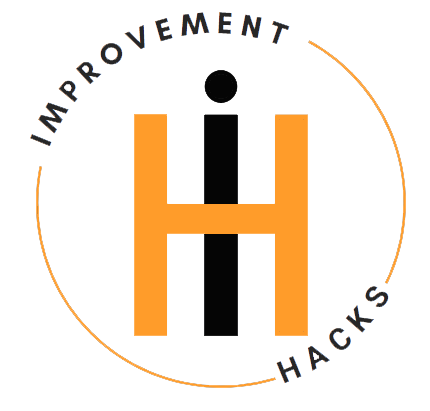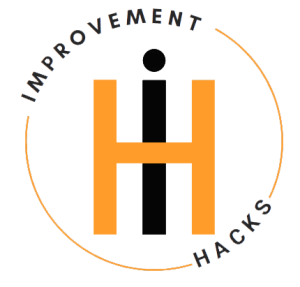Incorporating Mindfulness at Work
We all know that life tends to move quickly, and in today’s world, the pressure to constantly perform at work is intense.
No matter what you do, whether a shop worker, a doctor or even a financial analyst, you’ve probably felt exhausted or overwhelmed by the demands of your job.
There’s a well-known saying that rings true: “All work and no play makes Jack a dull boy.”
Incorporating mindfulness at work into our daily routine can transform the mundane into something more manageable and meaningful.
This practice isn’t just about reducing stress—it’s about cultivating a moment-to-moment awareness that enhances your overall job satisfaction and engagement.
What is Mindfulness at Work?
Mindfulness means being fully aware of what’s happening right now.
It involves paying close attention to your current experiences, feelings, and thoughts without dwelling on the past or worrying about the future.
Practicing mindfulness helps decrease stress and boosts your emotional health, leading to better balance between work and personal life.
Companies that prioritize their workers’ well-being tend to outperform others, because happy employees are more productive.
Studies have shown that content employees are about 12% more productive than those who are unhappy.
In fact, one study revealed that salespeople who felt good about their jobs sold 37% more than those who didn’t (1).
Additionally, a research project by Aetna demonstrated the benefits of mindfulness at work by showing that employees who practiced it gained roughly 62 extra minutes of productivity each week.
This increase in efficiency can add up to about $3000 in value per employee annually.
Benefits of Mindfulness at Work
Mindfulness can be as simple as taking five minutes daily to meditate, participating in a yoga class that includes calming breathing techniques or even just making an effort to stay present throughout the day.
Carrying out mindfulness practices can offer a number of advantages.
Helps to Increase Focus
Mindfulness and meditation can help us to quiet the part of the brain that often gets caught up in our thoughts about ourselves, which can then lead to a messy and unfocused mind.
Research has shown that meditation strengthens the brain’s pathways that are key for concentration and focus.
This improved focus at work can help employees do different jobs more effectively, complete tasks quicker, and procrastinate less.
When mindfulness is missing, it’s much easier for employees to make mistakes or have accidents, which will have a negative impact on productivity.
By integrating mindfulness techniques into their daily routine, employees can concentrate better on their tasks, paying close attention to the details.
Improve Your Sleep Quality
Employees who feel worn out and stressed by their jobs often struggle to fall asleep or stay asleep.
Their minds are just cluttered and busy with thoughts of unfinished tasks.
Lack of sleep not only causes a reduction in productivity, but also affects the quality of the work because of the decreased focus and attention.
Mindfulness improves both the quality and length of sleep by calming the body’s relaxation response.
It can help people to fall asleep faster and enjoy a deeper, more restorative sleep, rejuvenating both mind and body.
Helps to Reduce Stress
Mindfulness techniques such as meditation and controlled breathing help employees manage their emotions and reduce stress.
These practices strengthen the brain’s ability to handle stress and control the instinctual “fight or flight” response.
With lower stress levels, employees enjoy higher job satisfaction, better interactions with colleagues, and a more balanced work-life environment.
Mindfulness in the Workplace
Mindfulness at work can be formally introduced by employers or adopted as a personal routine to manage stress in a hectic corporate environment.
Studies suggest that even 15 minutes of meditation can lead to sharper decision-making—there’s really no downside to pausing for a mental reset during your workday (2).
Here are some practical ways to incorporate more mindfulness into your day at work:
Reduce Distractions: Keep your phone off and notifications silent during meetings to maintain focus.
Address one task at a time rather than overwhelming yourself with the entire to-do list.
Consider a Meditation App: Use apps like Headspace or Calm for guided meditations that can help soothe your mind quickly.
Try New Breathing Methods: Engage in deep breathing exercises, taking slow, deep breaths in and even slower breaths out.
This simple practice is highly effective in controlling your emotions and calming your nervous system.
Accept the Past: Let go of past mistakes and the stress associated with them.
Focus on overcoming negative feelings and embracing the present moment to foster positive emotions.
In Conclusion: The Power of Mindfulness at Work
Ultimately, mindfulness proves to be a vital tool for enhancing productivity in the workplace.
By integrating mindfulness into the company culture, organizations can help their employees in reducing stress and burnout.
This shift will not only boost job satisfaction and cognitive function but also improves workplace relationships, leading to a more fulfilling career.
References
(1) Boosting Productivity at Work
(2) https://www.sciencedaily.com/releases/2014/02/140212112745.htm






